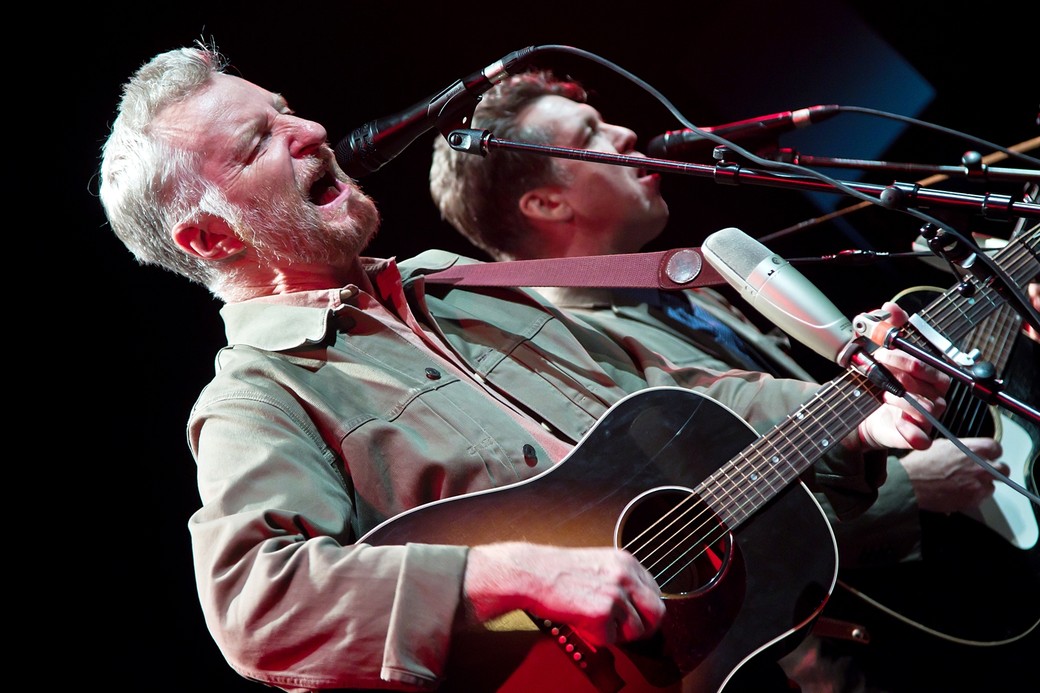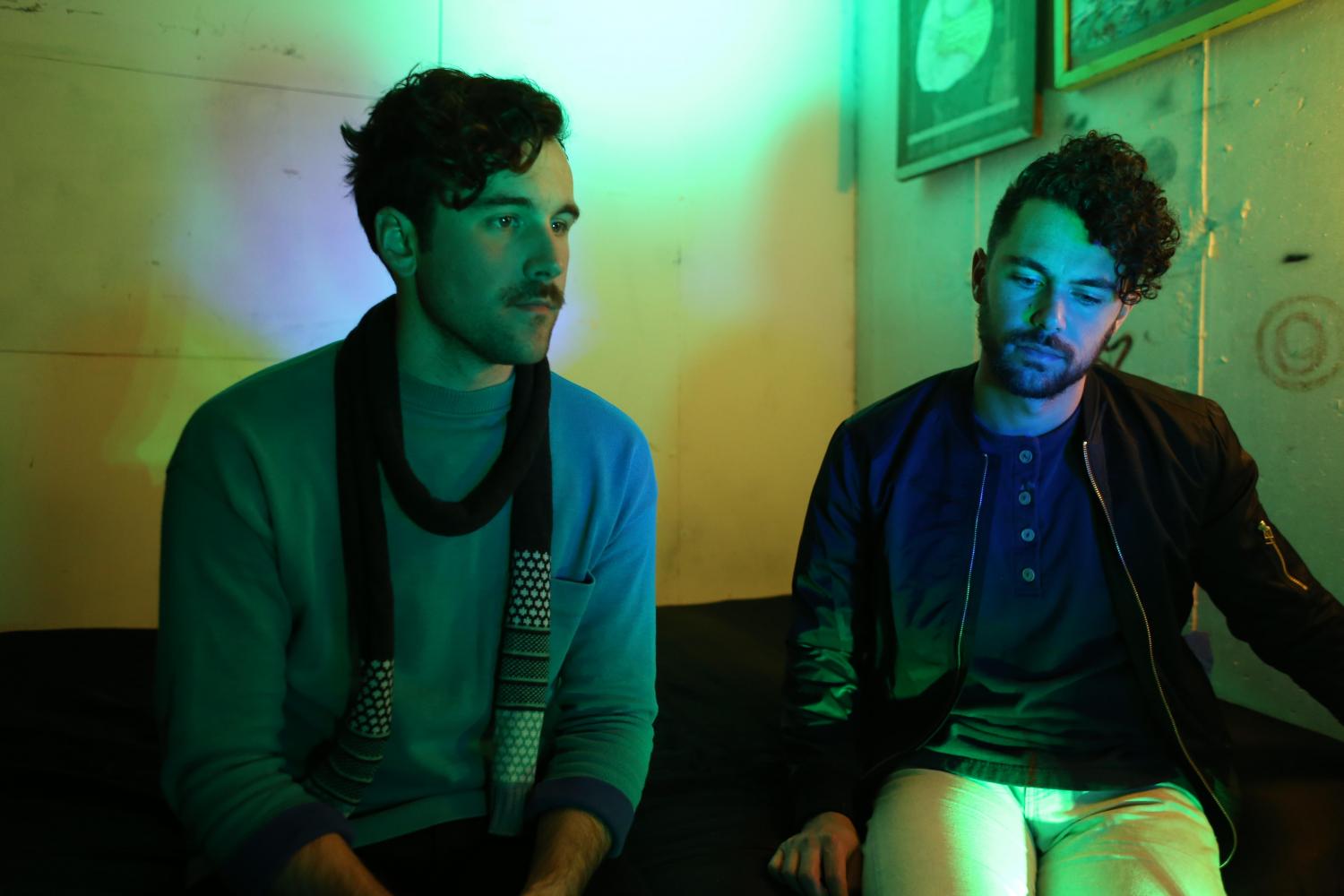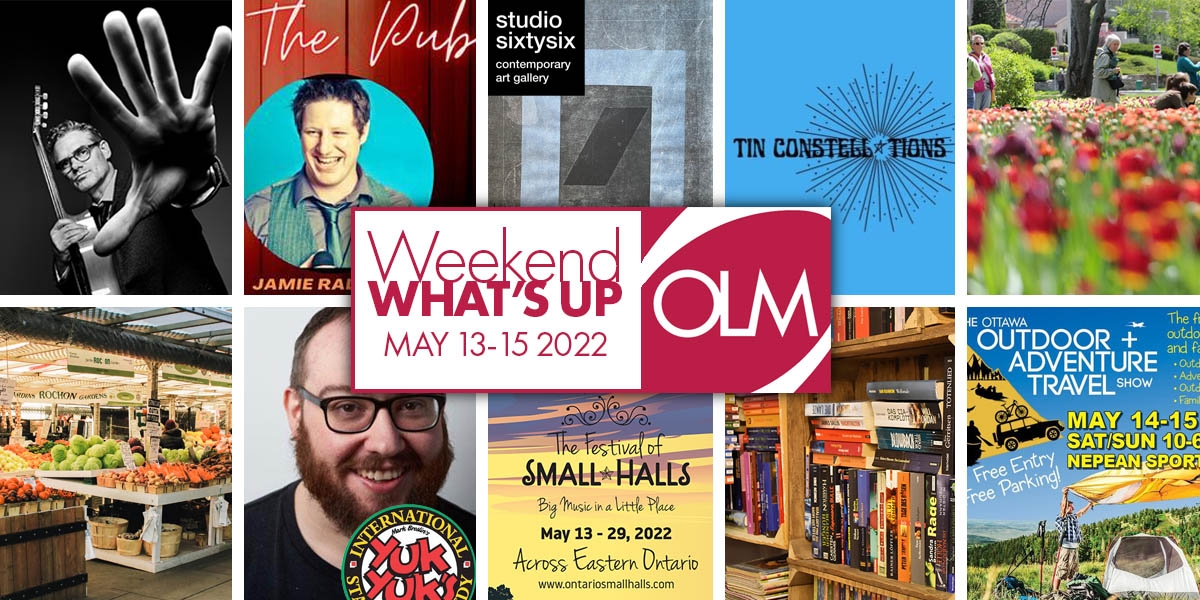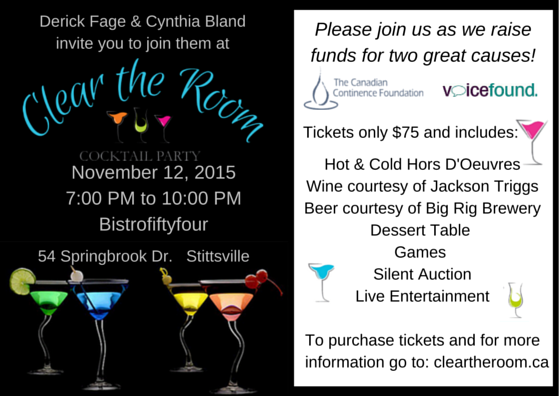
Riding the Rails on the Bragg/Henry Line
All photos by Andre Gagne.
It’s 1825 and an inventor named John Steven’s is placing down the planks of history around his summer home in Hoboken, New Jersey. Earlier that year he had built the first American steam locomotive and now it was time to test it. He would earn the title of Father of American Railroads. Did he realize as he laid those first tracks what the future would hold, that soon to follow would the B&O, the Stourbridge Lion and a boom that would see not only a changing of the American way of transport as he knew it but, also, of the very landscape itself?
The image of the American railroad instantly evokes a sense of imagery: trains cutting paths across the land, battered suitcases on smoky platforms, men huddled together in boxcars with gleams of hope in their eyes that the West will hold opportunity or others with fear in their bellys shuttled towards wars against enemies they knew very little about. Scenes of a grizzled man on the edge of the tracks carrying a duffel, the notes of his harmonica carried out over the night as he leaves behind only his song and the wisps of breath on the cold night air. Those songs would be stitched into the fabric of culture, define moments in time and lost eras where, outside of faded photographs, only the music remains to tell the stories.
Long-time friends Billy Bragg and Joe Henry, inspired by that music of the railroad, together took their own journey chasing the songs along the tracks and spending time with the ghosts of the railway. Together, guitars in hand, they boarded an Amtrak train in Chicago pointed towards Los Angeles to record at various points along the way. Inside Chicago’s Union Station where six major railroads converge, alongside the Texas Eagle in St. Louis, at Depot 2 in San Antonio’s Sunset Station, and just before hitting the Great Divide in El Paso, the two would captured the ambience of the area in the songs that would eventually form the album Shine A Light. Those who came before them were never far from their thoughts.
“One of the things that comes to you when travelling across this continent is the muscle and blood that must have gone into the building of these great railways,” Bragg told the audience gathered together at the Bronson Centre last evening for the duo’s Ottawa tour stop.
“Predominately they were Irish immigrants, Germans, a lot of Chinese and many African Americans. You can’t help but think the men who built that railway and the women that supported them must have just boiled during the day and frozen during the night.”
The evening was filled with both story and song as the two began the 24 song set together playing traditional covers like “Railroad Bill”, “In the Pines” and “John Henry” before breaking off into their own solo sets before joining again. In between where shared tales that where, over-top the imagery, you could almost hear as narration in a Ken Burn’s documentary.
Joe told of how they found themselves in San Antonio, Texas at the old Gunter Hotel, a place of legend for musicians as it was where Robert Johnson recorded the first of only two sessions that make up the entire body of work that would influence so many.
“For a lot of us music is religion, our window into the divine and the recordings of Robert Johnson are like the Dead Sea Scrolls,” Henry said adding that it felt sacrilegious recording one of Johnson’s own songs there and, instead, opted for “Waiting for a Train” by Jimmie Rodgers. They would later discover that, in the final years of his life. Rodgers lived at the Gunter Hotel.
Just another story added to the railway.
Bragg, an English singer known for activism and protest songs, took a moment to share how the album came together. During research for an upcoming book, he became curios over the discovery of so many American train songs pre-dating the British Invasion in music in the 60’s. In his country there were songs about sailing, people joining the Navy to get away from a broken heart or to escape the police but, in America, people took to the railroad. Simply put: in Britain they had sea shanties, in America they had train songs.
It was also amazing to Bragg, on his trip with Henry, discovering a lot of that history having moved on.
“We started last week by playing a gig in Nashville, Tennessee in the Union Station hotel there which used to be the old main railway station. It’s on a huge railhead. But you can no longer catch a passenger train to or from Nashville. As somebody who comes from a rural area of England where you can catch two trains every hour it just blows my mind that idea,” Bragg said, comparing the connection the railway gave to society then to what the internet does today.
Of course, it wouldn’t be a Bragg show without some social commentary on current events and the trains stopped for just a little while for the musician to discuss the current state of the US election in relation to the Brexit he is experiencing back home.
“To get an idea what it’s like it’s like thinking of Canada breaking economic ties with the United States. The US may be teetering on the edge but we jumped off first,” he said half-jokingly adding: “You must feeling pretty smug about that up here.”
Together again with Henry, the two boarded those old locomotives again beginning at the Great Divide and taking a side trip on the "Rock Island Line" picking up passengers like Hank Williams, Bob Dylan and Woodie Guthrie along the way. Their passion for these songs was very much felt throughout the evening with much emotion moving within the harmonies and guitar chords.
“There’s a power of the image of the railroad in my country that’s transformative,” said Henry. “When a car moves through a song it’s just a car. When a plane flies through a song it represents only an plane. But as soon as you conger the image of the railroad there’s something else that gets put up into the ether and you immediately think about loss and regret, about possibility and desire.”
The songs of the evening, and Shine a Light, contain all of these and you have to think that somewhere out by the tracks a least a few of those railroad ghosts are humming along.
SETLIST:
Bragg and Henry together:
- Railroad Bill (traditional cover)
- The L&N Don’t Stop Here Anymore (Jean Ritchie cover)
- John Henry (traditional cover)
- In the Pines ((traditional cover)
- Waiting for a Train (Jimmie Rodgers cover)
- Early Morning Rain (Gordon Lightfoot cover)
Joe Henry solo set:
- Trampoline
- After the War
- Shook Up the World (for Muhammad Ali)
- Odetta
- Freedom for the Stallion (Allen Toussaint cover)
Billy Bragg solo set:
- No One Knows Nothing Anymore
- King James Version
- Accident Waiting To Happen
- Why We Build The Wall (Anaïs Mitchell cover)
- There is Power in a Union
Bragg and Henry together:
- Railroading on the Great Divide (The Carter Family cover)
- (I Heard That) Lonesome Whistle (Hank Williams cover)
- Rock Island Line (Lead Belly cover)
- Hobo’s Lullaby (Goebel Reeves cover)
- Midnight Special (traditional cover)
- Gentle On My Mind (Glen Campbell cover)
- Tonight I’ll Be Staying Here With You (Bob Dylan cover)
- Ramblin’ Round (Woody Guthrie cover)










